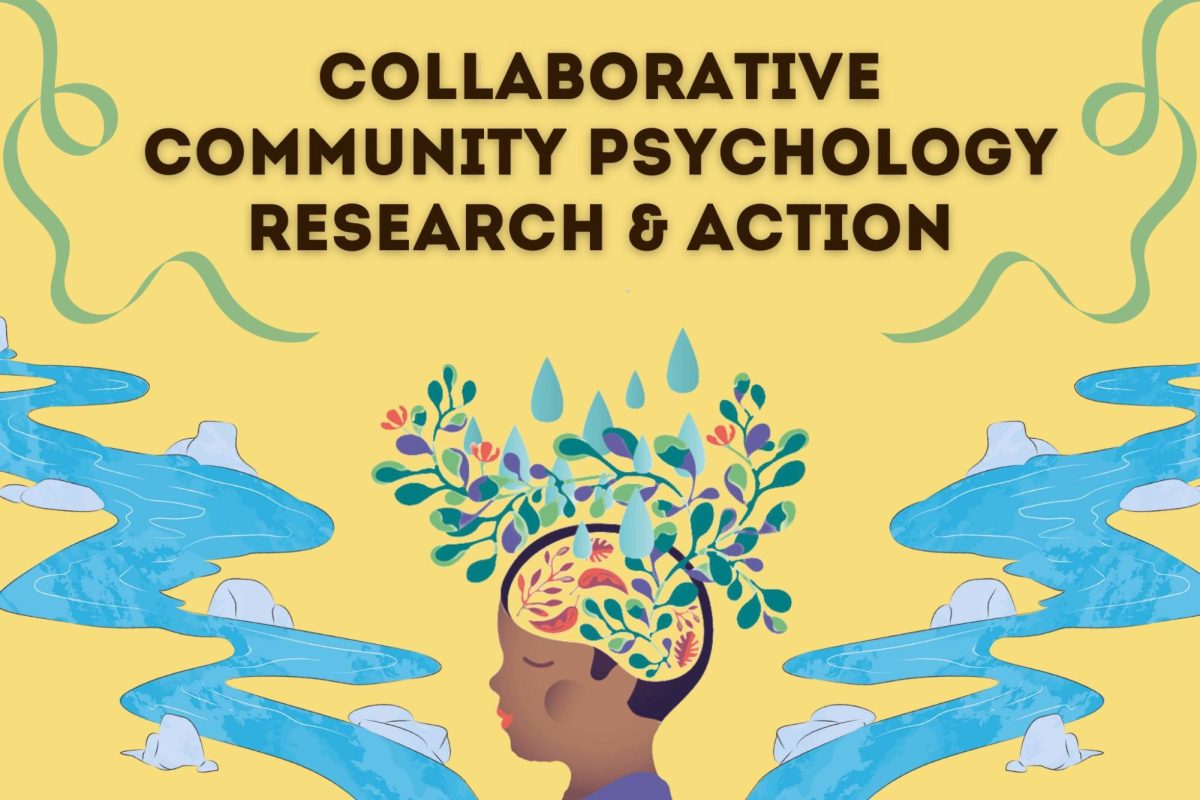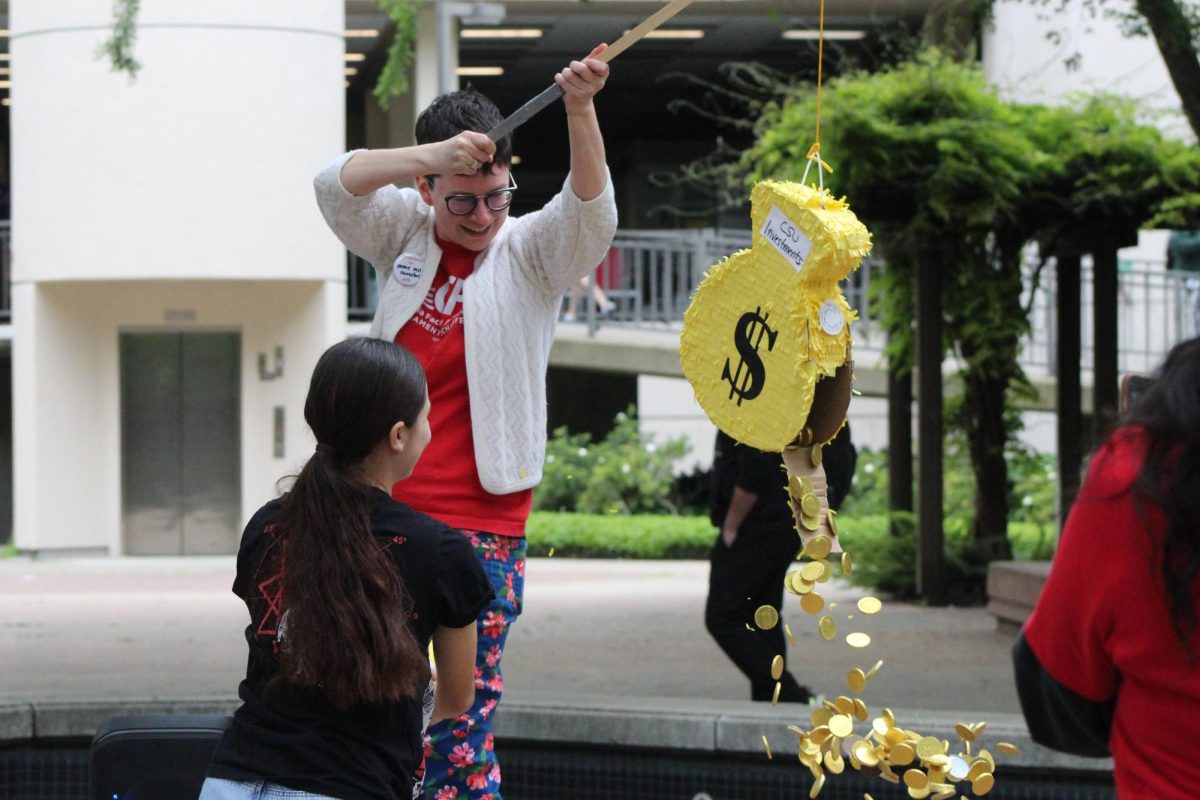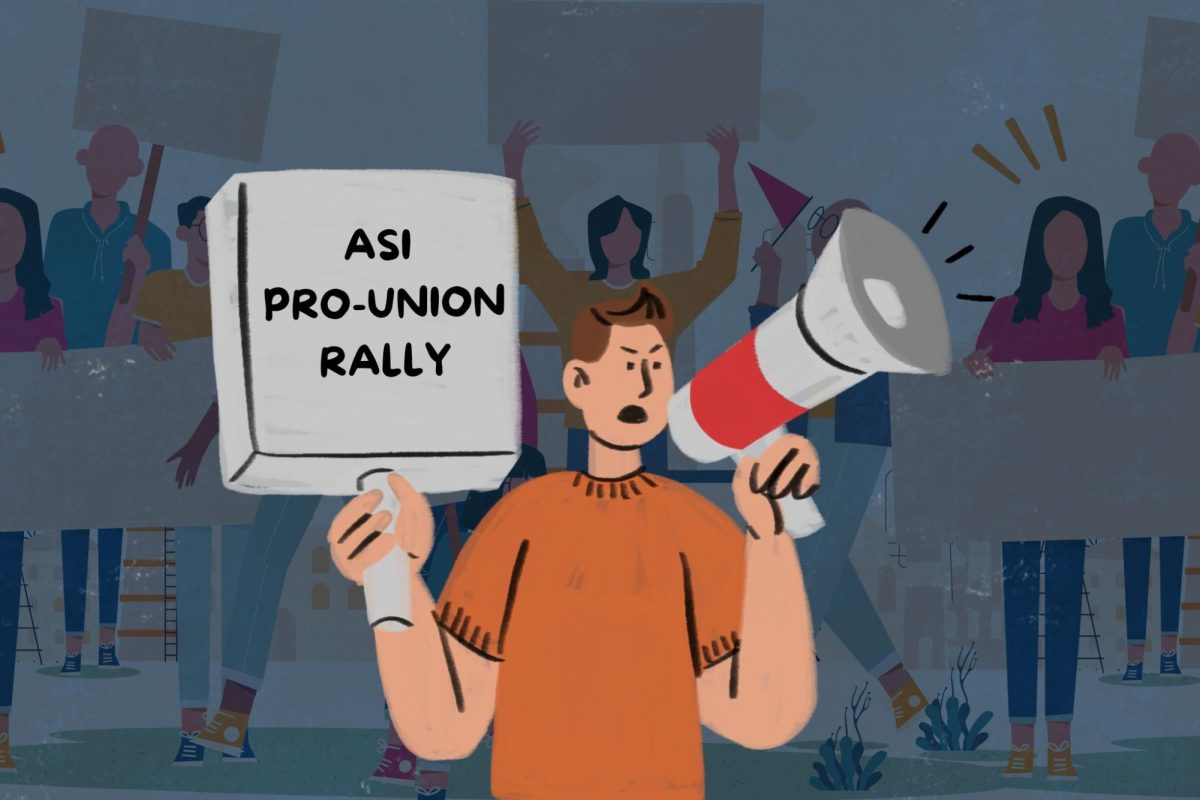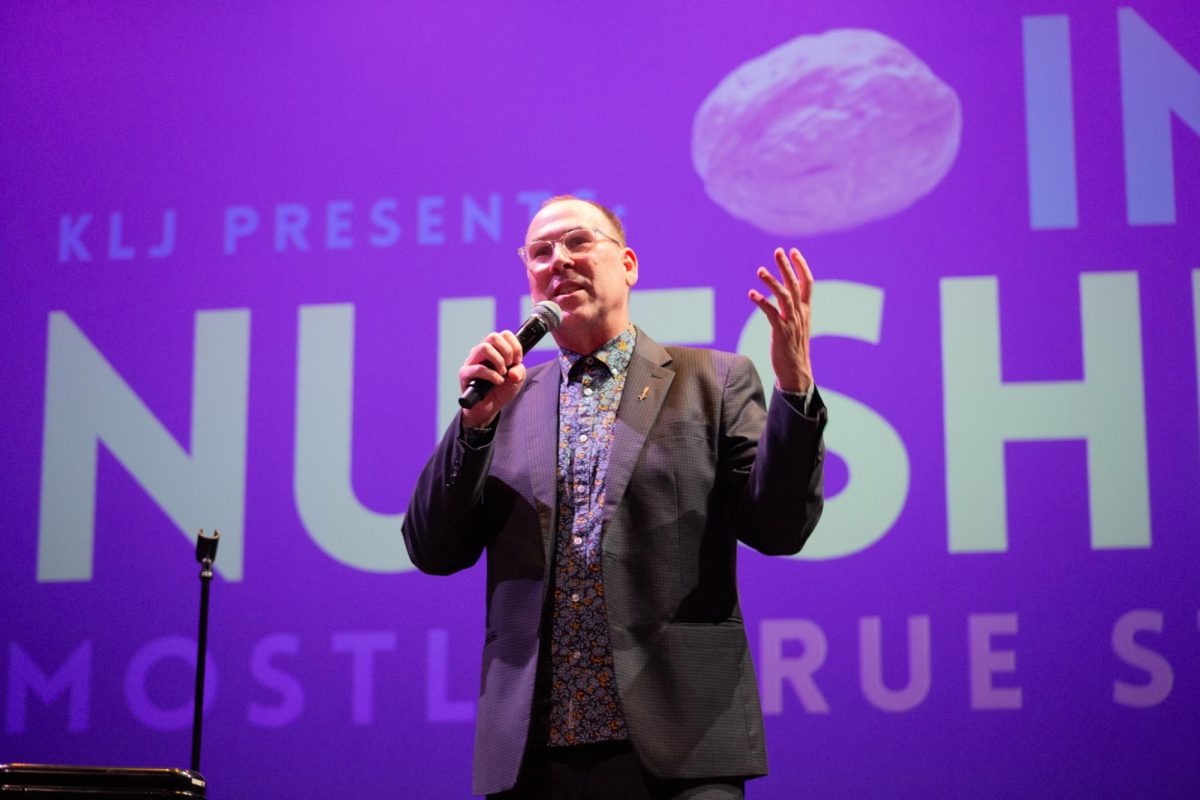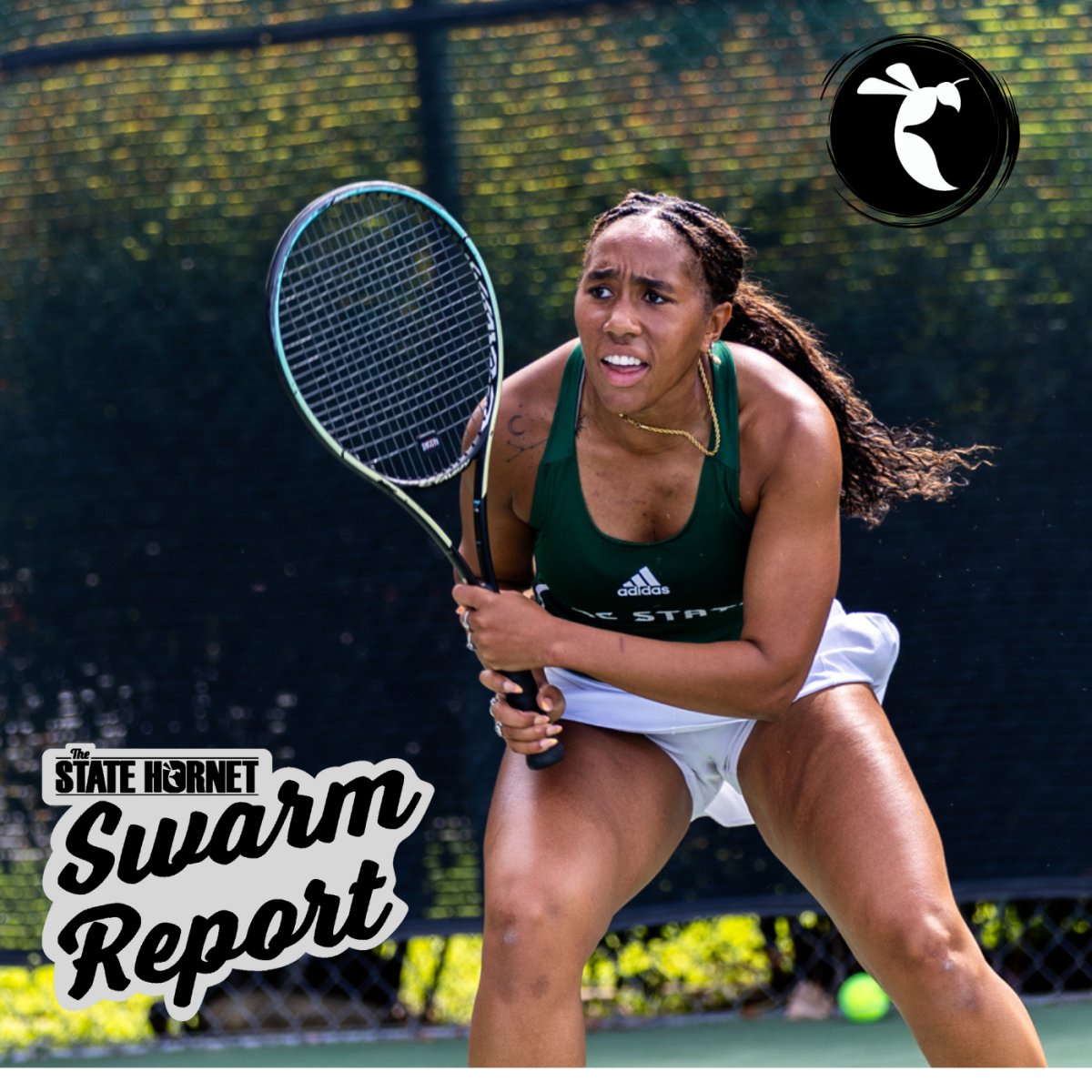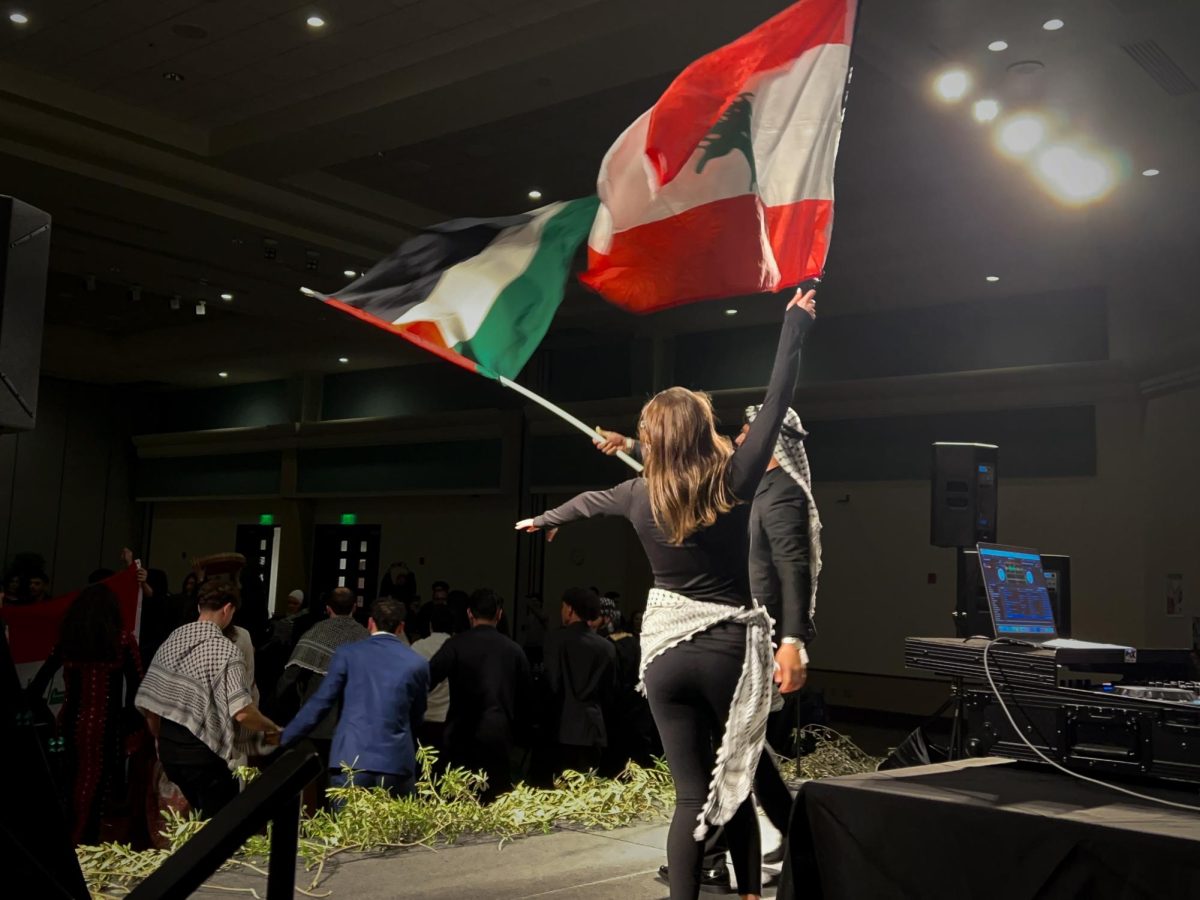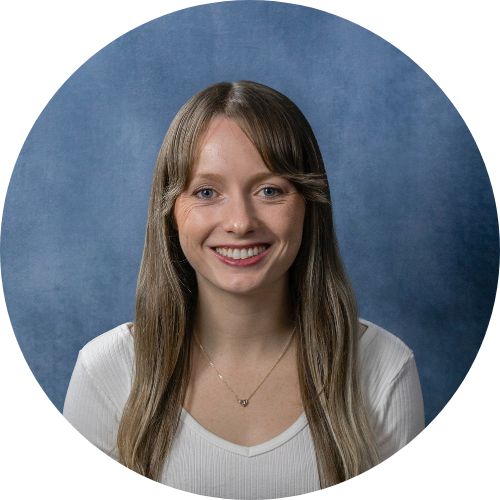Arabic music and joyful shouts were overheard from Sacramento State’s University Ballroom on Saturday night, at the Students for Justice in Palestine and Arab Student Union’s inaugural banquet.
Students adorned in traditional headdress scarves, known as keffiyehs, and stunning garments from their respective cultures, mingled throughout the room. The DJ played traditional music from an olive-branch laden stage, which combined with laughter to create a celebratory mood.
Dozens of tables were decorated with fiery red poppies, flowers symbolic of resistance for Palestinians, and photos of Gaza. SJP President Farah Al-Masri said she chose to include photos of Gaza during peaceful times to showcase the joy of life in Gaza before the current conflict.
“Free Palestine” posters that were used in last semester’s protests covered the walls.
Al-Masri, a fourth-year political science major, was a fierce advocate for bringing this banquet to fruition. Since reinstating the Sac State’s SJP chapter in February 2023, Al-Masri has used the conflict in Gaza to push for more activity on campus.
“Silence is the vehicle for systemic violence,” Al-Masri said.
RELATED: Students for Justice in Palestine hold a walkout
After Al-Masri and the president of ASU introduced their respective board members, the main festivities began.
Three students delivered powerful performances, detailing their experiences as Palestinians: both the sorrow and fierce hope they feel for their people.
A fashion show followed, lifting the room’s solemn atmosphere. Members of both clubs wearing traditional Arabic attire danced across the stage.
Amneh Addassi, a first-year communication sciences and disorders student, dressed in her own Palestinian attire, watched the performers. After the show, she spoke to the importance of finding an Arab community on campus.
“You don’t always find these opportunities,” Addassi said. “So whenever we find a chance, we always like to attend.”
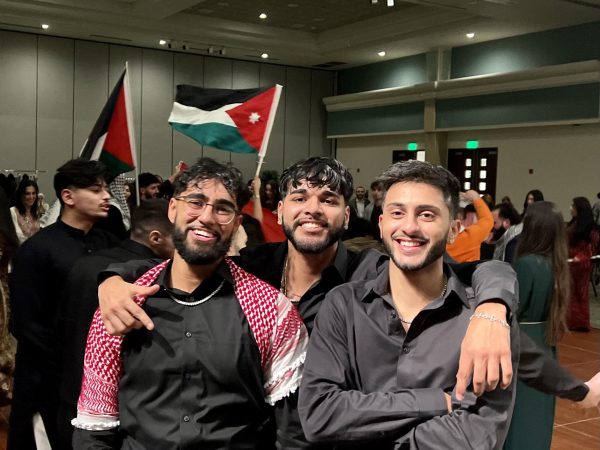
After the fashion show ended, guests made their way to the buffet tables, where a cultural feast was served.
Meanwhile, others spent time purchasing items from local vendors, getting beautiful henna designs drawn on their arms and taking pictures at the decorated photo area.
Jaspreet Kaur, a second-year graduate counseling student, talked with her friends about how happy events like this make her feel.
“I love it,” Kaur said. “I think it really shows resistance in joy, and how important that is.”
After dinner, student performers were called to the stage for a “dabke” dance, a traditional Arabic folk dance seen at celebratory occasions.
Energy radiated from the stage and audience as the line of dancers, arms linked in a show of solidarity, stepped, shuffled and kicked in rhythm with the vibrant Arabic music. Soon, the dance floor opened to all guests, eager students dashed to join the celebration.
As they danced, the students eventually found themselves hand-in-hand, dancing in a circle as a student in the center waved a large Palestinian flag high for all to see.
“It feels a bit odd to be playing music at this time, but everything we do is resistance,” Al-Masrisaid. “Joy is resistance. Love is resistance. Organizing is resistance. Our whole existence is resistance.”





